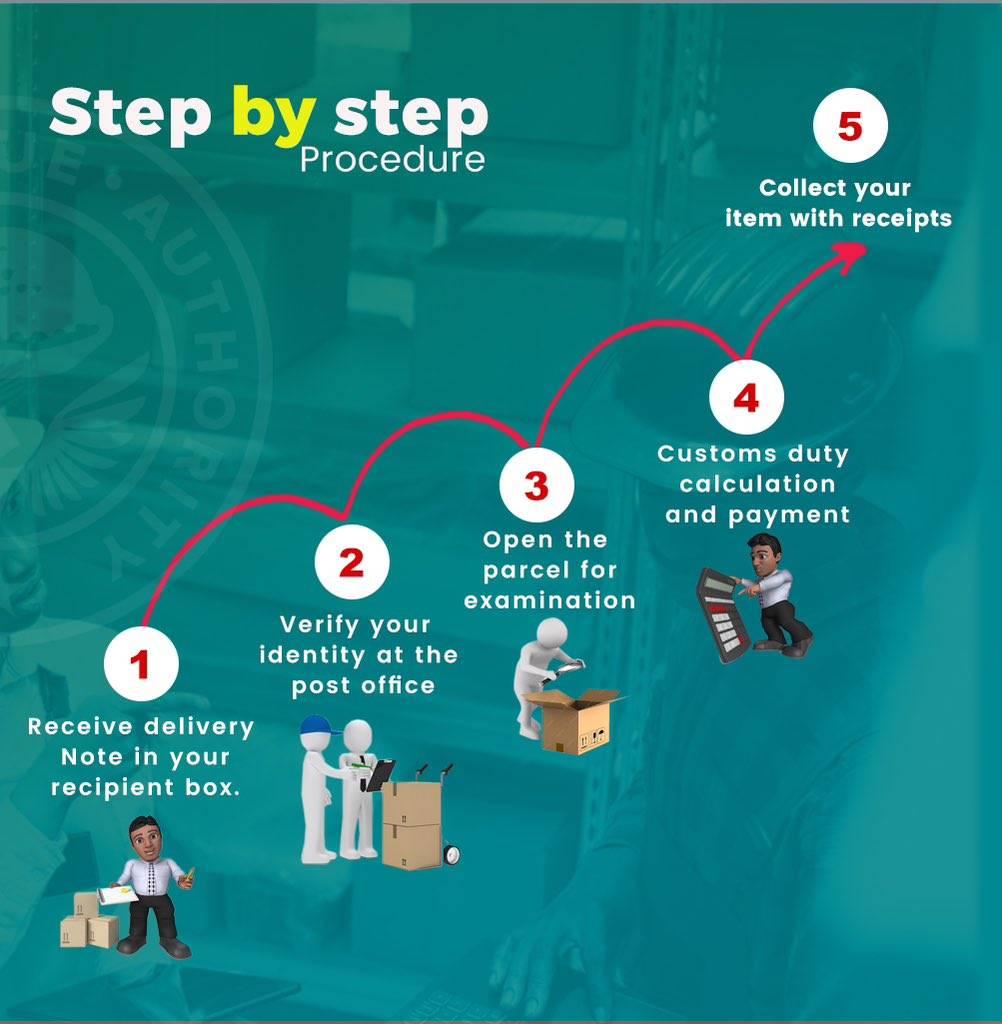Importing Products to Ghana: A Guide in Steps
Importing products to Ghana is a profitable business if done the right way. Whether you are importing clothes, electronics, machinery, or food items, you need to understand the process to avoid delays, extra costs, or legal issues. This step-by-step guide will help you through the process of importing products to Ghana without any issues.
1. Register Your Business
Your company must be registered prior to importing products into Ghana. You are required to register with the Registrar General's Department (RGD) and acquire a Tax Identification Number (TIN) from the Ghana Revenue Authority (GRA). You cannot import legally without a TIN.
2. Obtain an Importer's License
Depending on the goods you are importing, you might need an import license. For instance, if you are importing medicine, foods, or chemicals, you will be required to obtain approval from such agencies as the Food and Drugs Authority (FDA) or the Environmental Protection Agency (EPA). Check with the relevant authority in order to know what permits or licenses you require for your goods.
3. Choose a Good Supplier
4. Arrange for Shipping
Identify a good supplier in the country you are importing from. Make sure you check their reputation, quality of product, and delivery times. Ask for samples wherever possible, and pay securely always to avoid scams. It is also wise to sign a contract to protect both parties.
After you have finalized your order, the next step is arranging transportation. You have two alternatives: air freight or sea freight, depending on the type and quantity of merchandise. Sea freight is cost-effective for bulk, while air freight is faster for small, priority goods. Hire a good freight forwarder or shipping agent to take care of the logistics.
5. Prepare Your Documentation
You will need a few documents to clear customs easily. These are:
• Commercial invoice
• Bill of lading or airway bill
• Packing list
• Certificate of origin
• Import declaration form (IDF)
• Permits or licenses that your products require
Your supplier or freight forwarder can help you prepare these documents.
6. Declare Your Goods to Customs
After your goods arrive in Ghana, you must declare the goods to Ghana Customs Division either through the Ghana Customs Management System (GCMS) or Integrated Customs Management System (ICUMS). Your agent or you will prepare the necessary documentations and payments for duties and taxes.
7. Pay Duties and Taxes
Import duties and duties differ with the type of products you are importing. The Ghana Revenue Authority (GRA) has a tariff guide that stipulates the rates. Mostly, you may be asked to pay:
• Import duty
• VAT (Value Added Tax)
• NHIL (National Health Insurance Levy)
• GETFund levy
• ECOWAS levy
• Processing fees
Make sure you budget for these amounts prior to importing so that you're not left in the dark.
8. Clear Your Goods
Once payment of all charges is made, your merchandise is inspected by customs officials. Given that everything is okay, you will be allowed to collect your products from the airport or port. Ensure that you do this as fast as possible to avoid being charged for demurrage or storage.
Conclusion
The importation of products into Ghana has a number of steps, but with proper planning and advice, it can be an easy and rewarding experience. Always adhere to the legal requirements, deal with reliable partners, and keep up to date with customs rules.




No comments yet
Be the first to share your thoughts!